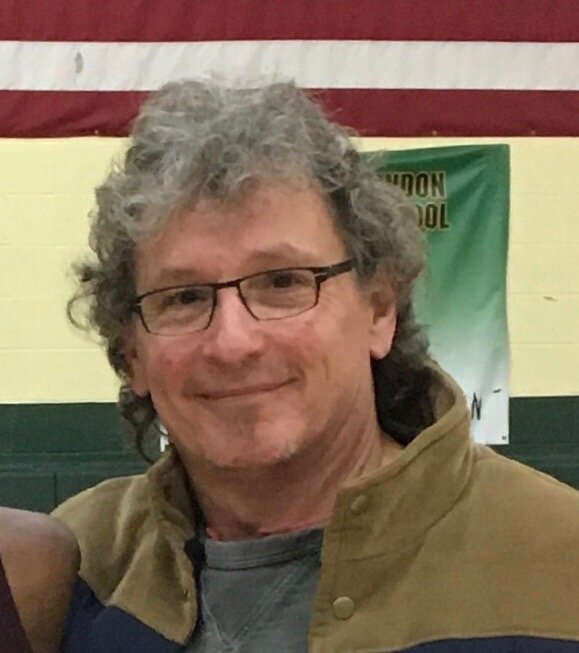"The Buried Plot" by Steven Ostrowski
The Buried Plot
1.
Walking around the foreign city, I got lost. I briefly panicked but soon enough recognized a small, ornate stone church I’d noticed on the way in from the airport. From there, I easily found my way back to the hotel. During my walk, it had begun to drizzle, one of those foggy, fuzzy, European drizzles that feels like it’s trying to tell you something.
2.
The dark-haired young woman sitting with a friend on the lobby’s leather furniture was so stunningly beautiful that, without volition, I stopped. I probably looked like someone who’d suddenly realized that he’d left something important behind. The woman didn’t notice me and, besides, she was likely used to being gawked at. As I resumed my walk toward the elevators, taking one last peek, she did notice me. She demurely covered her mouth and yawned.
3.
In my room, I took off my shoes and socks and called Eve, my fiancé of three years (though we still had no definite plans to marry). Eve was irritated; somebody at work had criticized a report she’d spent most of the week writing and revising. “It gives too much of our strategy away,” the critic had opined. I knew Eve didn’t like it when I told her not to worry about what other people said as long as the work was acceptable to the bosses, which apparently it was. As she emoted, I made sounds of sympathy. The TV was turned to CNN International. Muted. Whatever he was saying, Wolf Blitzer looked troubled.
4.
The novel I tried to read in bed that night wasn’t very good. Eve had given it to me, saying she didn’t care for it herself but, because it was about a guy who traveled a lot, maybe I would “get something out of it.” The problem was nothing was happening. I like a solid plot. This character seemed to be merely going through the motions, making observations about this and that, but with nothing at stake. Some of his observations, I admit, were interesting, but I wanted something in his life to go wrong, and in a big way. I wanted to feel tense, invested.
I slept fitfully, though that’s not unusual when I travel. Nor is it unusual when I’m at home.
5.
Next morning, having nicked myself shaving and the trickle of blood taking a long time to stop, I had to hustle through the lobby and nearly slipped on someone’s spilled coffee. I arrived late to the curb, where the car that had been sent to pick me up was waiting. The driver, a remarkably tiny woman with cropped black hair and wearing all black, leaned on the car, smoking. “Okay?” she said. I nodded. Glancing around, I saw, congregated at the eastern corner of the block, a dozen or so soldiers, all helmeted and garbed for battle. They were men and women. They all carried hefty, black machine guns. As I stared, they all started laughing. Someone approached and offered them what looked like powdered doughnuts.
Steven Ostrowski
Steven Ostrowski is a fiction writer, poet, painter, and teacher. His work appears widely in literary journals, magazines, and anthologies. He is the author of five published chapbooks — four of poems and one of stories. He and his son, Ben, are authors of a full-length collaboration called Penultimate Human Constellation, published in 2018 by Tolsun Books. His chapbook, After the Tate Modern, won the Atlantic Road Prize (2017) and was published in 2018 by Island Verse Editions.
Headshot: Susan Ostrowski
Photo Credit: Staff


